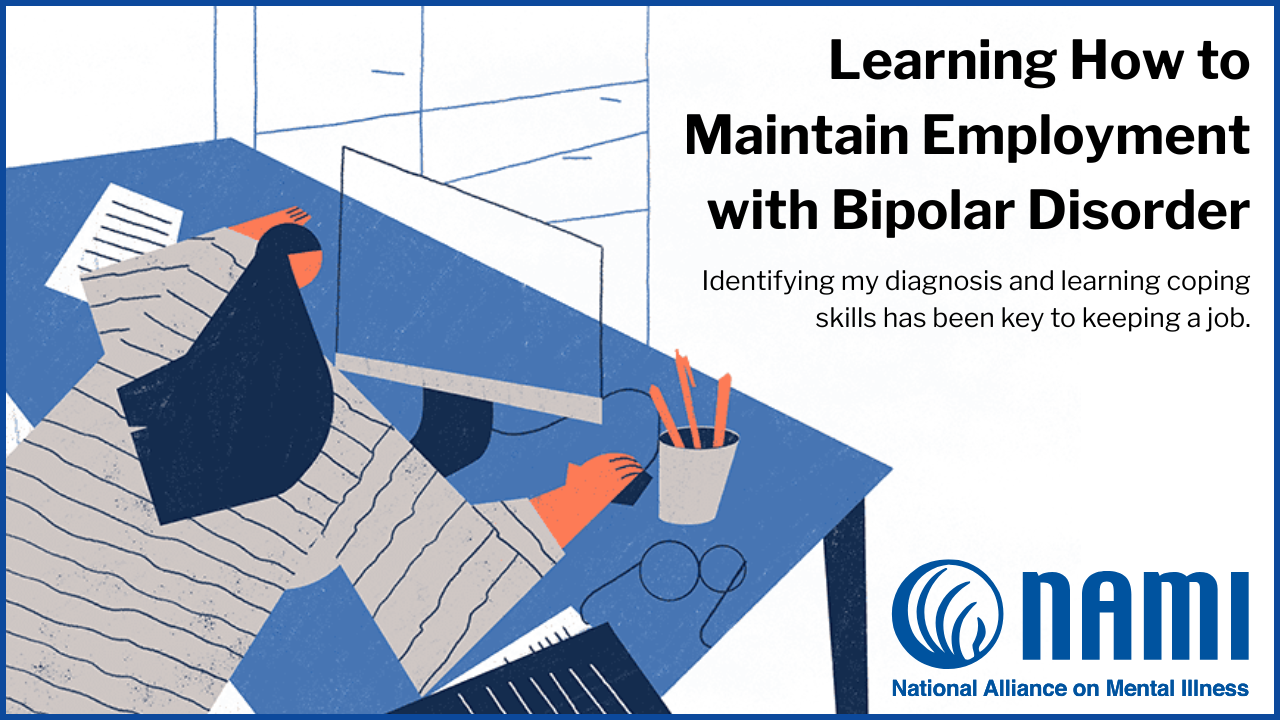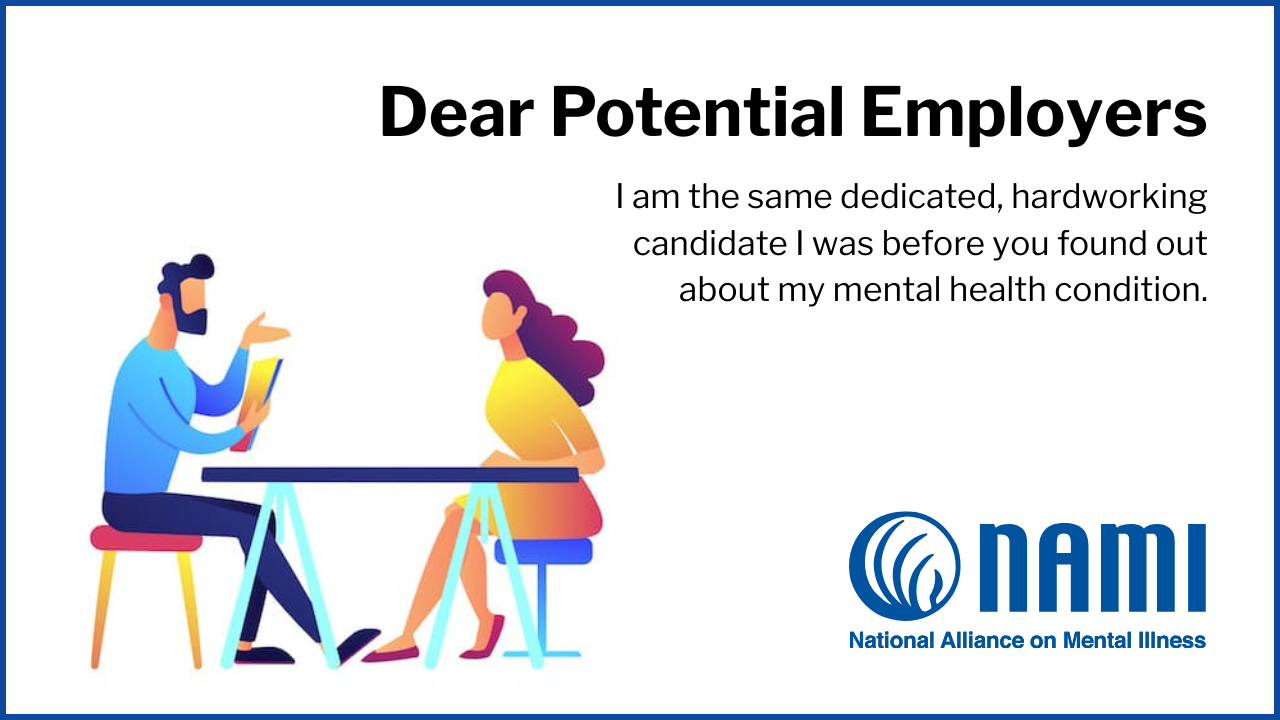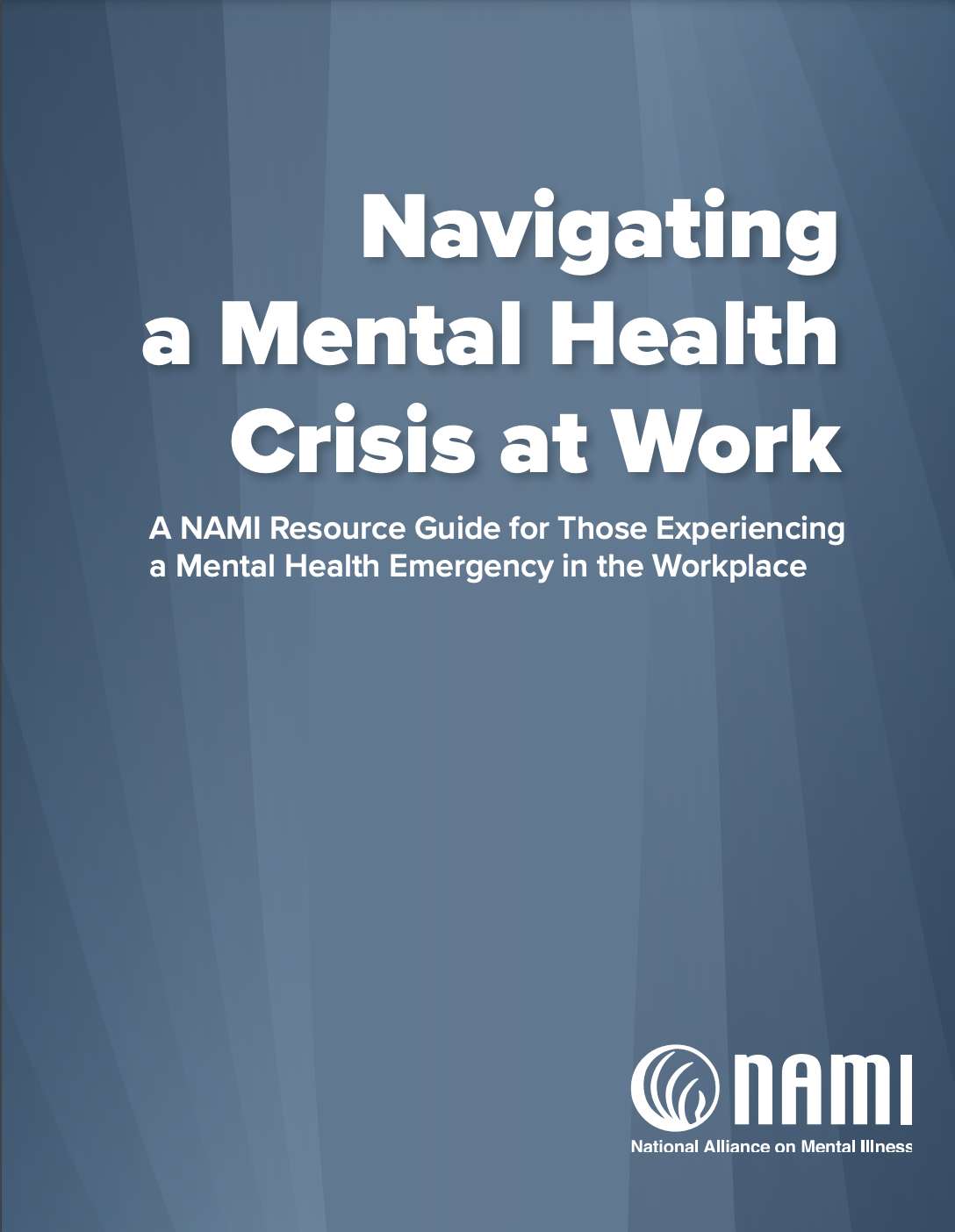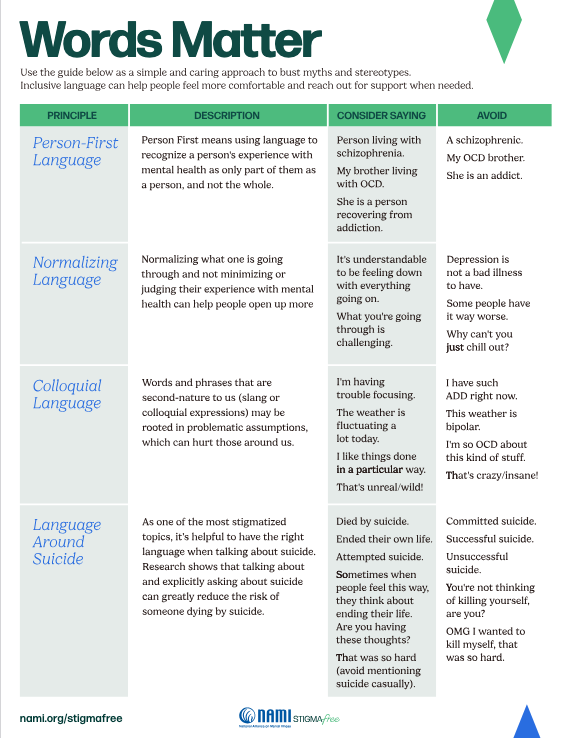About 2.8% of people in the U.S. live with bipolar disorder. With the right treatment and support, many people manage it well and live full, healthy lives.
What is Bipolar Disorder?
Bipolar disorder is a mental health condition that affects mood, energy levels, and behavior. People with bipolar disorder typically experience distinct periods of extremely exhilarated, irritable, or energized behavior (known as “mania”); some people also experience episodes of unusually low, blue, or sad mood (depression).
There are different types of bipolar. The two most common are:
- Bipolar I involves more intense “up” or manic episodes that last seven days or longer, or require hospitalization.
- Bipolar II also has “up” or manic episodes, but they are milder, less disruptive, and shorter in duration.
Some people with bipolar disorder may also experience psychosis, or unusual changes in thinking or perception that cause problems understanding what is real and what is not. A person experiencing psychosis is not more likely to harm another person, but they may need additional care to make sure they stay safe. If someone at work is experiencing psychosis and they are in danger of harming themselves or someone else, call or text the 988 Suicide and Crisis Lifeline. You can learn more about helping someone experiencing a mental health crisis in NAMI’s Guide for Navigating a Mental Health Crisis in the Workplace.
Having bipolar disorder can make work harder sometimes—but with support, people with bipolar disorder can do well and enjoy their jobs.
Living with bipolar disorder is not a sign of personal weakness or failure. It’s a health condition just like any other.
How Bipolar Disorder Can Impact Your Work Day
Many people who live with bipolar disorder thrive at work and are productive team members. Learning to manage bipolar disorder can help people develop or enhance important skills, such as:
- Emotion regulation
- Resilience under stress
- Empathy for others
- Adaptability to change
- Enhanced creativity and problem-solving abilities
Bipolar disorder in the workplace can be challenging and impact work in these ways:
- Energy level shifts
- Focus and concentration
- Interpersonal relationships
- Mood fluctuations
You may have good days and tougher ones, but with the right support and understanding, you can thrive and bring real value to your role.
Practical Tools for Managing Bipolar Disorder in the Workplace
Related Article: On the Job With Bipolar I Disorder
HealthCentral, 2023
NAMI’s Chief Medical Officer, Dr. Ken Duckworth, discusses whether to disclose your diagnosis while job searching, and also navigating your condition once hired.
Many people with bipolar disorder thrive at work with few or no accommodations; others may benefit from certain supports. Therefore, you may wish to connect with your treatment provider for guidance in identifying accommodations that will help you succeed. Some common adaptations or accommodations include:
- Energy-matching task list: Organize your to-do list by energy level (high-energy tasks vs. low-energy tasks) so you can match work to how you’re feeling that day.
- “Reset space” at work: Spend time in a quieter area when you need a moment to recharge – even a corner with noise-canceling headphones and a soft light – to recharge when moods or stress levels shift.
- Color-coded calendar: Use colors to visually organize types of tasks or meetings to help with planning and pacing.
- Mindful start/stop rituals: Begin and end the workday with short routines like journaling, stretching, or music to transition smoothly in and out of work mode.
- Flex hours with check-in windows: If possible, talk with your employer about adjustments like flexible scheduling of breaks, providing backup coverage during breaks, or taking more frequent breaks.
- Visit the Job Accommodation Network for a list of apps to help stay organized and manage time, as well as more information about potential accommodations.
Steps You Can Take to Seek Help
- Reach Out for Support: Talk to a trusted friend, family member, or mental health professional. Family and friends who know you well can help you learn to recognize shifts in mood so you can better manage your condition.
- Learn Your Patterns: Many people with bipolar disorder notice signs when they are about to experience a manic or depressive episode. Pay attention to your body’s signals so you can take steps to lessen the severity of, or possibly avert, an episode.
- Access Employer Resources: Explore your company’s Employee Assistance Program (EAP) or health benefits for counseling options or referrals to treatment.
- Problem Solve With Your Manager: If you’re comfortable with your manager, reflect on what support might be helpful or connect with your treatment provider or another source (like the Job Accommodation Network) to learn about potential accommodations. Write down some thoughts about what you might want to cover with your manager. It can be helpful to remind your manager that you will continue to meet the needs of your job.
- Practice Self-Care: Make time for sleep, exercise, and connection with loved ones. Build a routine that is realistic, flexible, and works for you. Be kind to yourself when you have an off day, and don’t give up! Developing healthy habits can take a long time and looks different for everyone.
- Consider Professional Treatment: Cognitive behavioral therapy (CBT), Family-Focused Therapy (FFT), Interpersonal and Social Rhythm Therapy (IPSRT), and medication can be highly effective in treating bipolar disorder. It is common for people with bipolar disorder to also have other mental health conditions, like depression or anxiety, so it’s important to work with a professional to decide the right treatment strategy for you.
Asking for help is a sign of strength, not weakness. You’re not alone, and help is available.
Stories From People With Bipolar Disorder
NAMI features many stories of hope from people navigating bipolar disorder in the workplace. You can find stories on NAMI’s blog page and on NAMI’s social media accounts. Check out a few videos and articles below:
More Resources for Working With Bipolar Disorder
The following resources may be helpful:
- NAMI – What is Bipolar? is a video from a person with lived experience – check out NAMI’s YouTube page and share these educational videos with a loved one.
- NAMI Peer-to-Peer is a free, eight-session educational program for adults with mental health conditions who are looking to better understand themselves and their recovery. Taught by trained leaders with lived experience, this program includes activities, discussions, and informative videos. However, as with all NAMI programs, it does not include recommendations for treatment approaches.
- NAMI Family-to-Family Classes are for families, significant others, and friends of people with mental health conditions. Designated as an evidence-based program by SAMHSA, it facilitates a better understanding of mental health conditions, increases coping skills and empowers participants to become advocates for their family members. Also available in Spanish as De Familia a Familia de NAMI.
- NAMI Connection Support Group is a support group for people with mental health conditions. Groups meet weekly, every other week, or monthly, depending on location. This program is also available in Spanish as NAMI Conexión.
- NAMI Family Support Groups are support groups for family members, significant others, and friends of people with mental health conditions. Groups meet weekly, every other week, or monthly, depending on location.
- Depression & Bipolar Support Alliance (DBSA) is a comprehensive resource for more than 23 million people in the U.S. who live with mood disorders. They provide resources including information about treatment, resources, and support groups. Through the DBSA Support Group Locator you can search for in-person and online support groups that focus on support for individuals and families of those living with mood disorders. Call (800) 826-3632 for more information.
- Juvenile Bipolar Research Foundation provides extensive information and resources for juvenile-onset bipolar disorder.
- The website bpHope.com offers an online community that strives to increase the awareness of bipolar disorder and to provide hope and empowerment to those in the bipolar community — people with bipolar disorder, along with their families, caregivers, and health care professionals. bpHope also provides numerous online support groups.




